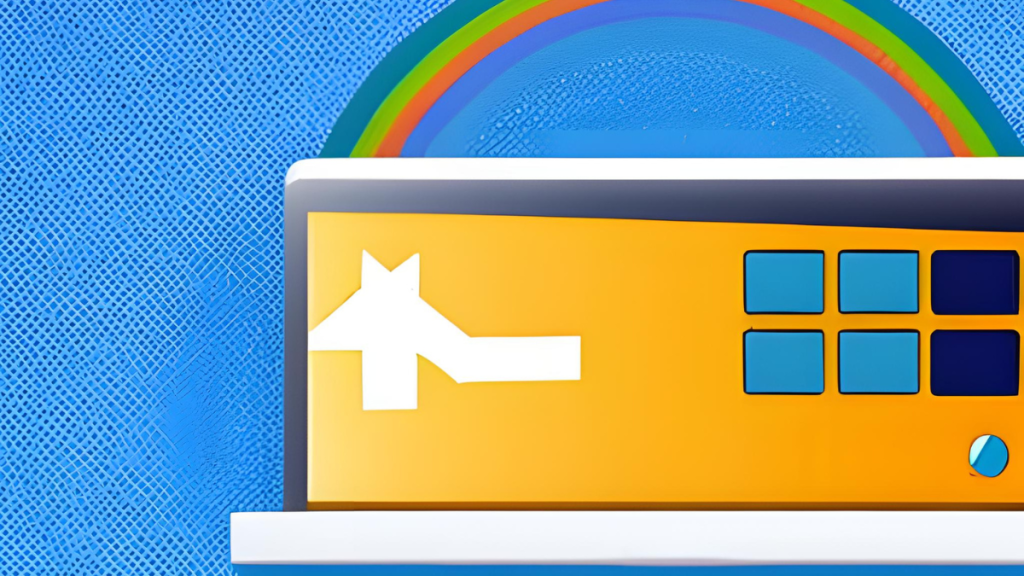SINGLE PAYMENT
Speed up your business with these expert tips on "Simple payment". Take a look and discover this TIP!
Simple payment is a form of debt settlement that can be anticipated or deferred and does not require bank processing of commercial documentation. This form of payment involves a risk for the party anticipating its obligation, either the buyer anticipating payment or the seller anticipating delivery of the goods, due to the lack of sufficient collateral.
Trust between the parties is a key factor in this type of payment, although when this is not available, it is advisable to obtain a bank substitute such as a guarantee or a documentary credit.
In simple payment, the buyer can initiate the payment procedure by sending the funds by bank transfer or by sending a payment mandate allowing the withdrawal of funds on presentation (cheque) or at a certain maturity (promissory note). On the other hand, the seller can initiate the formality of payment by submitting a documentary (bill of exchange) or non-document-based (direct debit) demand for payment to the debtor.
TO BE TAKEN INTO ACCOUNT
It is important to bear in mind that the lack of sufficient collateral in the simple payment may increase the risk of non-payment and therefore it is advisable to assess the possibilities of obtaining a bank substitute depending on the trust you have in the other party and the value and complexity of the commercial transaction.
Advantages of single payment for the exporter:
- It is a simple and easy to use payment method, without the need for complex documentation or banking formalities.
- It allows for greater flexibility in trade negotiations, as payment terms can be agreed directly between the parties involved.
- It does not entail high additional costs in terms of bank charges or taxes.
- If you have a good relationship of trust with the buyer, it can be a quick and efficient method of collection.
Disadvantages of single payment for the exporter:
- There is a high risk of non-payment or late payment by the buyer, as there are no additional guarantees as in other payment methods.
- The exporter bears the risk that the goods may be delivered before payment has been received.
- In the event of litigation or problems in the collection process, it may be difficult to obtain a satisfactory and rapid solution without the intervention of a third party.
- In some countries or business sectors, simple payment is not a common payment method and may be difficult to use.
It can be anticipated or deferred. In reality there is always a party who anticipates his obligation, either the buyer who anticipates the payment (advance payment), either the seller anticipating delivery of the goods (deferred payment).
Naturally, the party anticipating its obligation (either payment or delivery) incurs the risk that the other party will breach its own (either delivery or payment).
The trust factor is fundamental.
The debt settlement mechanism (both pre and post-delivery) does not involve any bank processing of commercial documentation, such as would be the case for collections or documentary credits. (hence they are called simple payments) as opposed to documentary payments.
THE FORMALITY OF THE SIMPLE PAYMENT MAKES IT POSSIBLE TO DISTINGUISH BETWEEN SEVERAL SETTLEMENT MECHANISMS:
- The buyer initiates the payment procedure, either by sending the funds by bank transfer or by sending a payment mandate that allows funds to be withdrawn against presentation (cheque) or at a given maturity (promissory note).
- The seller initiates the payment formality by submitting a documentary demand for payment to the debtor. (bill of exchange) or non-document based (direct debit).
The use of simple payments without sufficient guarantees is a risk for the party that anticipates its obligation, (either the payment by the buyer or the delivery by the seller).
Collateral can be the product of knowledge and trust between the parties, a major asset in any business relationship. But when it is not available, there should be no hesitation in obtaining a bank substitute: a guarantee or a documentary credit.
APPLY THIS TIP TO YOUR PROJECT
TASK
CASE STUDY OF AN EXPORTER COLLECTING SALES ON A SINGLE PAYMENT BASIS
John is a fruit and vegetable exporter who has been selling his produce to a buyer in another country. After discussing payment options, they decided to use a simple payment to settle the debt.
John agrees to deliver the goods within a specified time and the buyer agrees to pay John within an agreed time after delivery. John ships the goods within the agreed time and provides the buyer with an invoice with details of the sale.
After receiving the invoice, the buyer initiates the payment process by sending a payment mandate by bank transfer. The payment is received in John's bank account after a few days and he confirms receipt of payment to the buyer.
Overall, the process was quick and straightforward for both parties, however, Juan is concerned about the risk of non-payment as he does not have sufficient collateral. To mitigate this risk in future transactions, Juan will consider obtaining a bank guarantee or a documentary credit.
QUIZ
- 💻 PRACTICE with an expert in the next practical webinar.
- 🔎 CONSULT more related TIPs with this same theme.
- 📖 AMPLIA your knowledge by downloading this EBOOK.
THINK ABOUT YOU
- 🚀 IMPULSA your company in the next acceleration programme, ¡book your place now!
- 🥁 PRACTICE with your project in this practical webinar, ¡apply for your place!.
- 🌐 CONTACT with other entrepreneurs and companies, ¡register and take part in the next Networking!
THINK ABOUT HELPING OTHERS
- 🤝COLLABORATE as a volunteer: expert, mentor, inverter, awarding, Spreading the word, challenging, innovating, creating a TIP...
- 💬 RECOMMENDS this programme to reach out to more entrepreneurs by Google.
- 👉 SHARE your learning!
- 📲 SEND this TIP 👇









